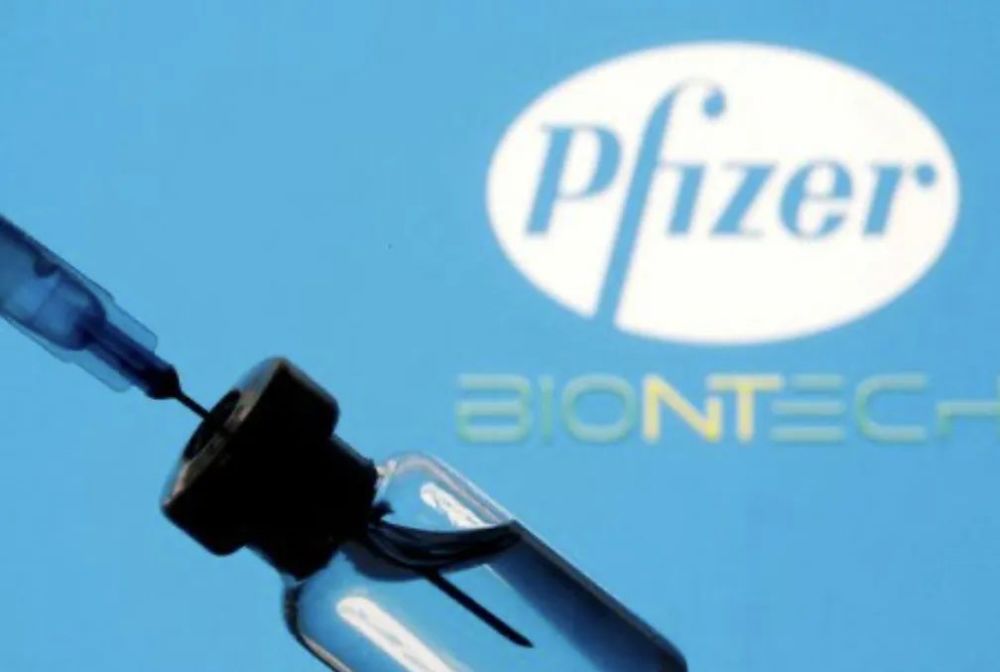With the accelerated spread of the Aumicron variant around the world, the number of new confirmed cases of COVID-19 in the United States has exceeded one million in a single day, with an average daily number of infections exceeding 570,000 in the past week; the average number of confirmed cases in France in the past week is also more than 200,000.
The accelerated spread of Omilon is in the stage of intensive vaccination in various countries, and several vaccine manufacturers have recently said that the immune protection of the enhancer may decline in a few months, and a fourth dose of vaccine is necessary.

Stephane Bancel, CEO of vaccine maker Moderna, recently said that the effectiveness of the covid-19 booster vaccine may decline over time, and some people may need to get a fourth dose before this fall to enhance protection. He also warned that the virus mutation could once again change the course of the pandemic.
Moderna released preliminary data last month showing that its currently authorized 50-microgram booster vaccine can increase neutralizing antibody levels against the Omiljung variant by a factor of 37; a 100-microgram booster can increase these neutralizing antibody levels by a factor of 83.
A study published by the UK Health Safety Service found that up to 75% effective in preventing symptomatic infections in Omi kerong after vaccination with boosters. However, according to the study, the effectiveness of the enhancer began to decline after about 4 weeks. At week 5, the effectiveness of the enhancer in preventing infection dropped to 70%, by week 9, the effectiveness dropped to 55%, and by week 10 after receiving the injection, the effectiveness was only 40 to 50%.
Pfizer CEO Albert Bourla also said last month that people may need a fourth dose of the vaccine and that the fourth dose may be given sooner than expected.
However, some scientists warn that the strategy of vaccinating once every six months is not sustainable. Professor Andrew Pollard, principal investigator of the Oxford COVID-19 Vaccine Trial and director of the Oxford Vaccine Laboratory, recently warned: "Giving people a booster shot every six months is not sustainable and a fourth dose of booster vaccine should not be offered until more evidence is available." ”
Pollard believes the biggest risk remains for unvaccinated people. He also criticized the anti-vaccine campaign, saying: "Those who are uncertain or hesitant about vaccination are putting their lives at risk." ”
Although the COVID-19 symptoms produced by Omilon appear to be weaker, WHO says this does not mean that Omilon is a "mild" virus, but only that it produces less severe symptoms than other variants.
WHO proposes that the target of 70% of the population in every country should be reached by July this year, rather than providing a third and fourth booster vaccine in some countries.
In some countries, such as France, the accelerated spread of Theomexon has also disrupted the pace of third doses of the vaccine, especially for some people who are unfortunate enough to contract the virus before preparing for the booster vaccine.
In this regard, the French Ministry of Health has made a recommendation in an latest guideline, the Ministry of Health documents said that if infected with the new crown virus, then you must wait another three months to get a third dose of vaccination.
The French Ministry of Health document also pointed out that a third dose of booster vaccine does not mean that 100% will not be infected with the new crown, but it can still be very effective in preventing the serious forms of disease caused by the new crown.
For people who have been vaccinated with the third dose of the booster vaccine and unfortunately infected with the new crown virus, whether the so-called "super immunity" will occur, French doctor Yvon Le Flohic told reporters: "Any contact with the virus will trigger immunity, whether it is through vaccination or natural infection, it will lead to the production of antibodies." But there are some studies that suggest that the level of immune protection produced by infection or vaccination may vary. ”
Dr. Le Flohic further explained that if you are infected with the virus first and then vaccinated, the level of antibody immune protection obtained will be much higher; if you are infected after vaccination, the antibody protection effect of the resulting antibody protection seems to be poor. However, the results of this study have yet to be confirmed.